€500 million support package for European farmers
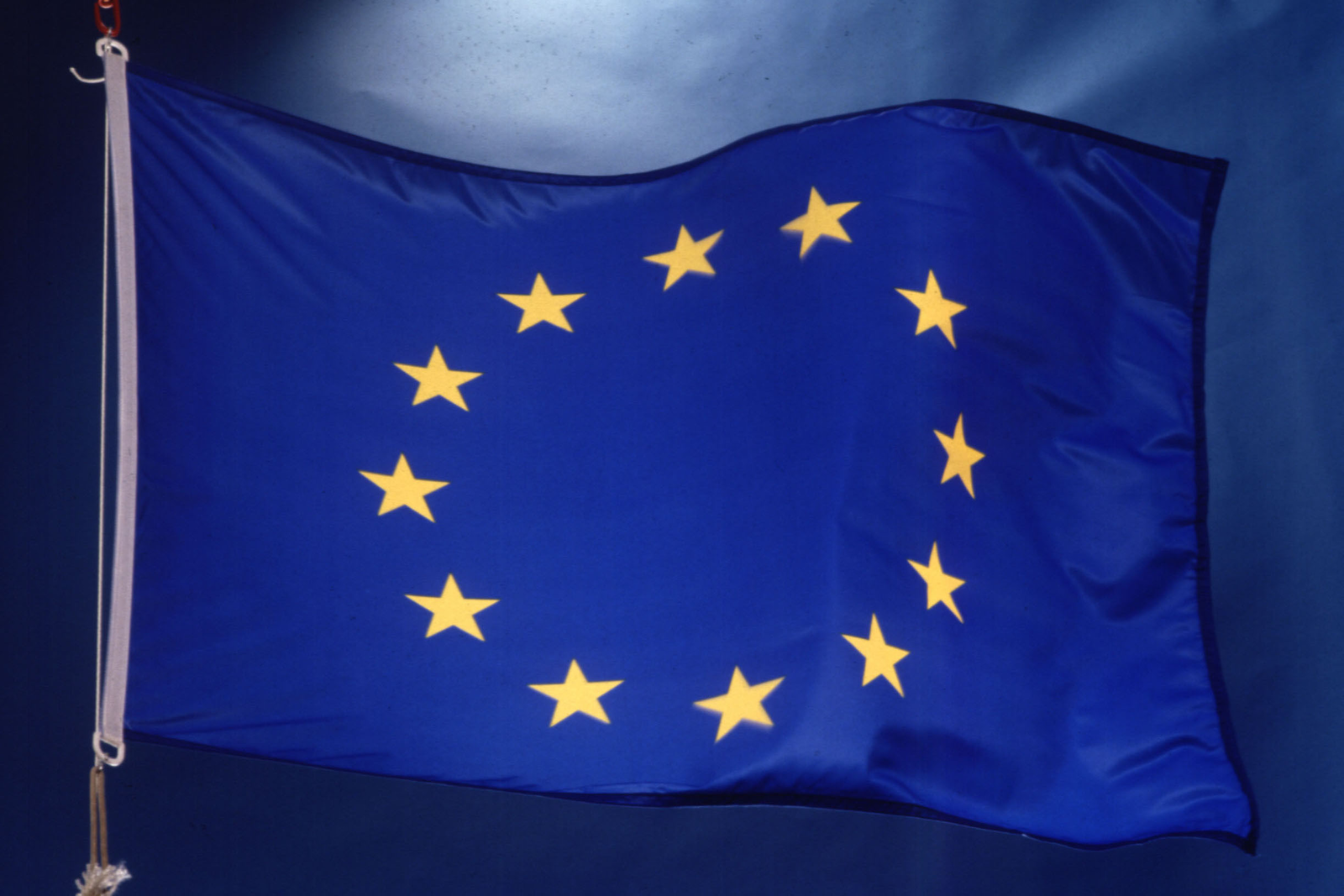
The European Commission has presented a new support package worth €500 million for European farmers. One main element is the voluntary reduction on milk production.
Most of the money goes to the dairy and pig meat sector which have been in a crisis for some time. The announcement comes in addition to an earlier package, also for €500 million, that was presented last year, and a range of other measures, such as the activation of a clause (Article 222) permitting voluntary agreements among milk producers on planning milk production.
The measures were presented to the July-session of the Council of EU Agriculture Ministers by Vice-President Jyrki Katainen, replacing Commissioner for Agriculture and Rural Development Phil Hogan who was taken ill and is in hospital. The package contains three main elements:
• An EU-wide scheme to incentivize a voluntary reduction in milk production (€150 million) in order to achieve a correction on the supply side of the dairy market. This scheme will operate at EU level so that farmers across the Union have access to it under the same conditions.
• Conditional adjustment aid at Member State level (€350 million that Member States will be allowed to match with national funds, thus potentially doubling the level of support being provided to farmers). With the prolonged crisis showing that some farmers maintain or even increase production in order to maintain cash flow, the Commission intends to provide new funds which can be linked to specific commitments while contributing to secure market stability.
• A range of technical measures to provide flexibility, cash-flow relief through an increase of the advances for support payments and reinforcement of the safety net instruments by prolonging intervention and private storage aid for Skimmed Milk Powder and cheese beyond the end of September. Member States providing voluntary coupled support to the dairy sector (often per cow) will also be granted the possibility to derogate from the obligation to maintain the size of the herd in 2017.
Germany receives the most
Of the aid at Member State level, Germany will receive €58 million, France almost €50 million while the UK is the third beneficiary with €30.2 million. Of the smaller countries, the Netherlands will be allocated €23 million, the same amount as Poland, while Lithuania receives €13.3 million. The financial grant available to each Member State takes into account the main features of its sector including production, market prices and the weight of small farmers, the Commission explains.
Market remains difficult
Commissioner Katainen told the ministers that the market situation remains difficult. The main reasons are the continuing impact of the Russian ban on EU agricultural products, weakening demand in a number of key markets, notably China, a global oversupply of milk with increased production recorded in all the major producing regions as well as very hot and dry conditions in certain EU-countries affecting crops such as maize and other fodder. ‘’The Commission already took a range of measures but wants to add a new comprehensive package of measures which we believe are the most appropriate and which will have the greatest effect in supporting producers’’, Katainen said.
Promotion of dairy products
In addition to the main technical and support measures, the Commission will make additional funding available for the promotion of dairy products and pig meat. Brussels will also organise a series of missions to third countries to open new markets as well as establish a new, dedicated High Level Group to focus on a number of specific and clearly defined issues including credit for farmers, and financial and risk hedging instruments such as futures markets for agricultural products. The package will also address a number of wider societal issues such as addressing the nutritional needs of specific vulnerable groups, particularly in view of the current refugee crisis. ‘’In this extraordinary time of multiple crises, it is more important than ever to make the most of our limited resources. We are proposing to help our farmers by stabilising prices, and address the nutritional needs of the most vulnerable refugees in terms of products such as milk.’’
Milk market situation
At the occasion, the Commission presented a recent analysis of the dairy market, signaling a significant deterioration in average farm gate milk prices over the past eighteen months, with prices falling from the exceptionally high levels of 40.21 cents per kilogram in December 2013 to the most recent figures of 29.66 cents per kilogram in July. For the period from June 2014 to June 2015, the average price for raw milk across the EU fell by 20%. Global demand for milk and milk products has generally deteriorated throughout 2014 and in the first months of 2015, notably as a result of the loss of the Russian market, the first destination of EU dairy exports, and the slowdown in imports from China, the main world importer. At the same time, milk production expanded globally. However, the 2015 oversupply on the world market is not primarily driven by European farmers, the analyses says. In the first half of 2015, European milk production increased by only 0.8%, while, in the same period, milk production increased by 1.6% in the US. Increases were also registered in New Zealand (+ 0.9%) and Australia (+ 2.5%). However, prospects for the medium and long-term remain positive, as borne out by all international observers.
Already less milk production in some countries
The package comes at a time when milk production in some EU countries seems to level off while others maintain the high production level of earlier this year. In France, production of cow milk in May was almost 2% lower than in the same month last year. The agricultural service FranceAgriMer adds first indications show a similar decline in June. In the United Kingdom, it has been reported that milk production over the last two weeks of June was a mere 10% less than a year earlier, which the levy board AHDB Dairy attributes to bad grass quality and the fact that many farmers don’t want to give their herd extra feed in order to save costs. However, dairy farmers in the Netherlands in April produced almost 11% more milk than in the same month in 2015 while in Ireland production in that month was over 14% higher on an annual basis.
 Beheer
Beheer
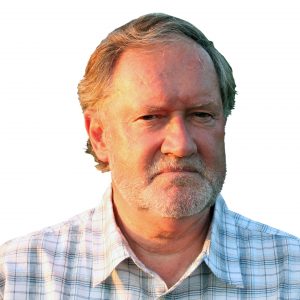
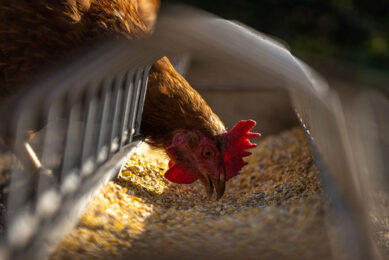
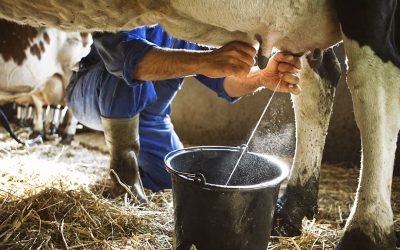
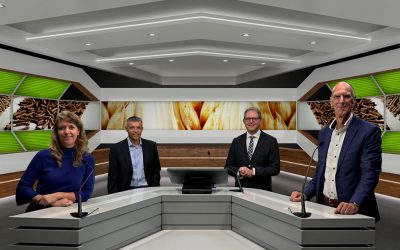
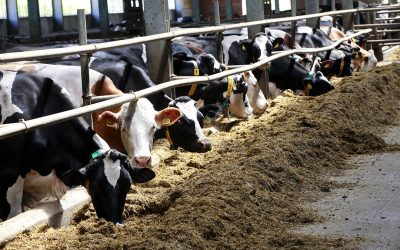




 WP Admin
WP Admin  Bewerk bericht
Bewerk bericht